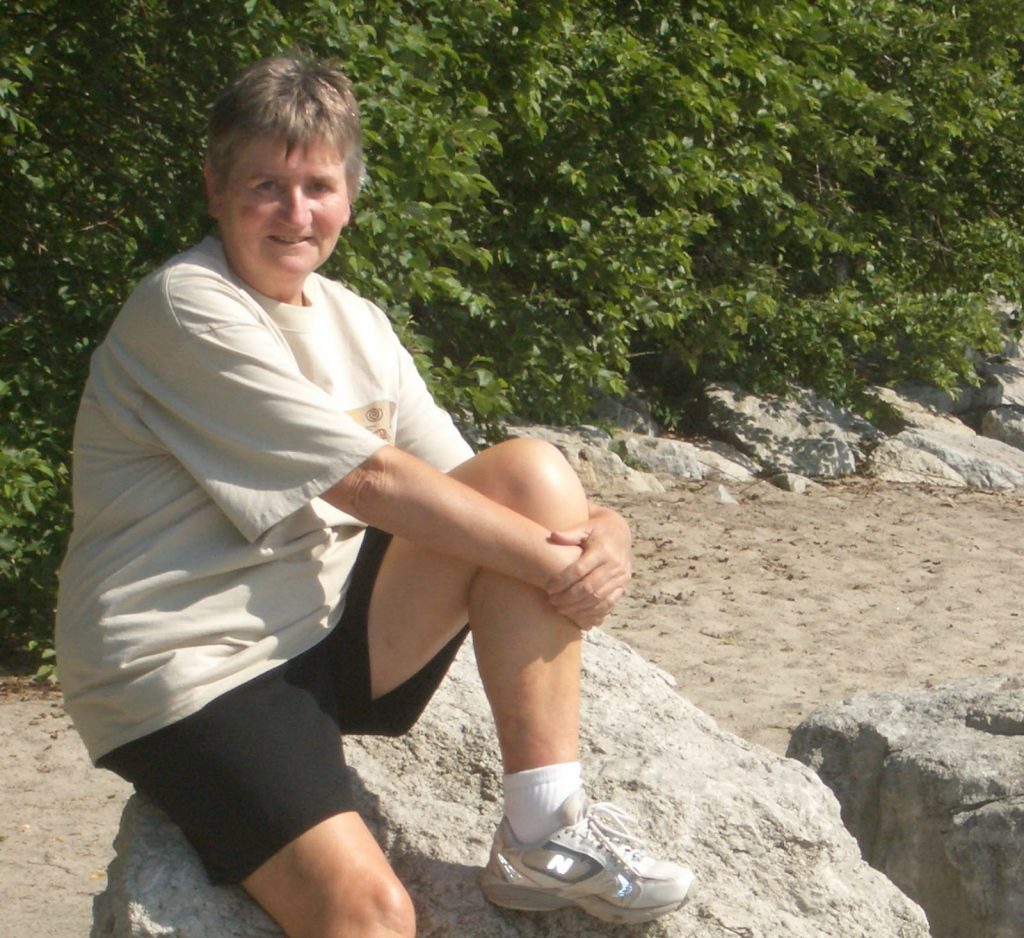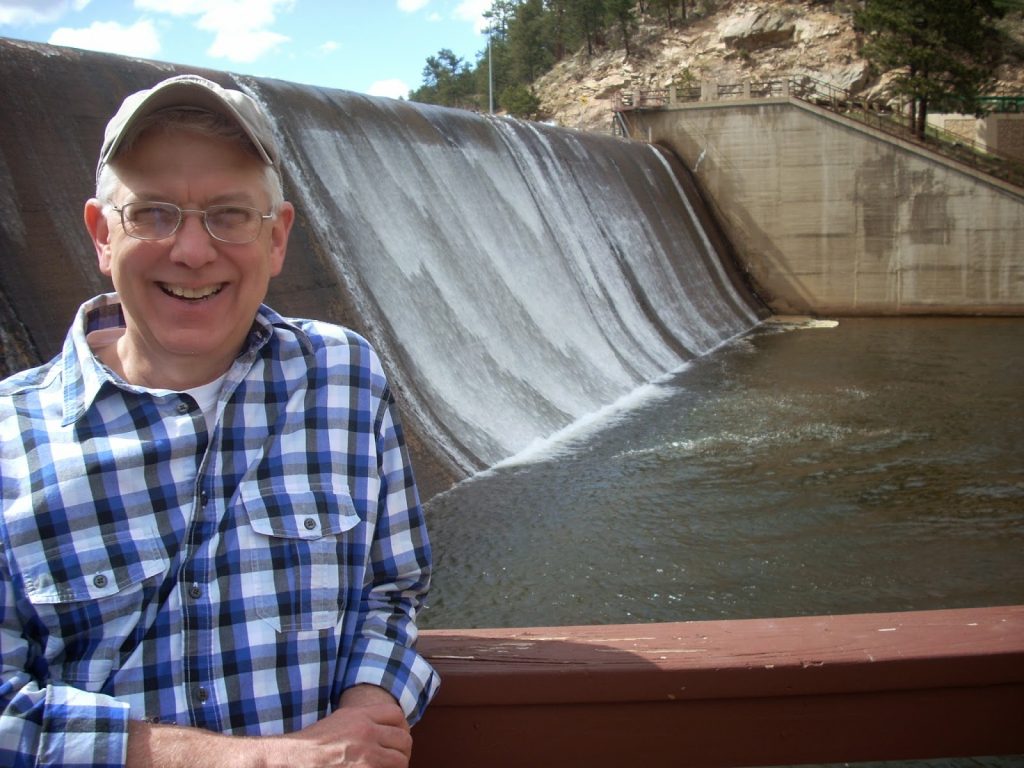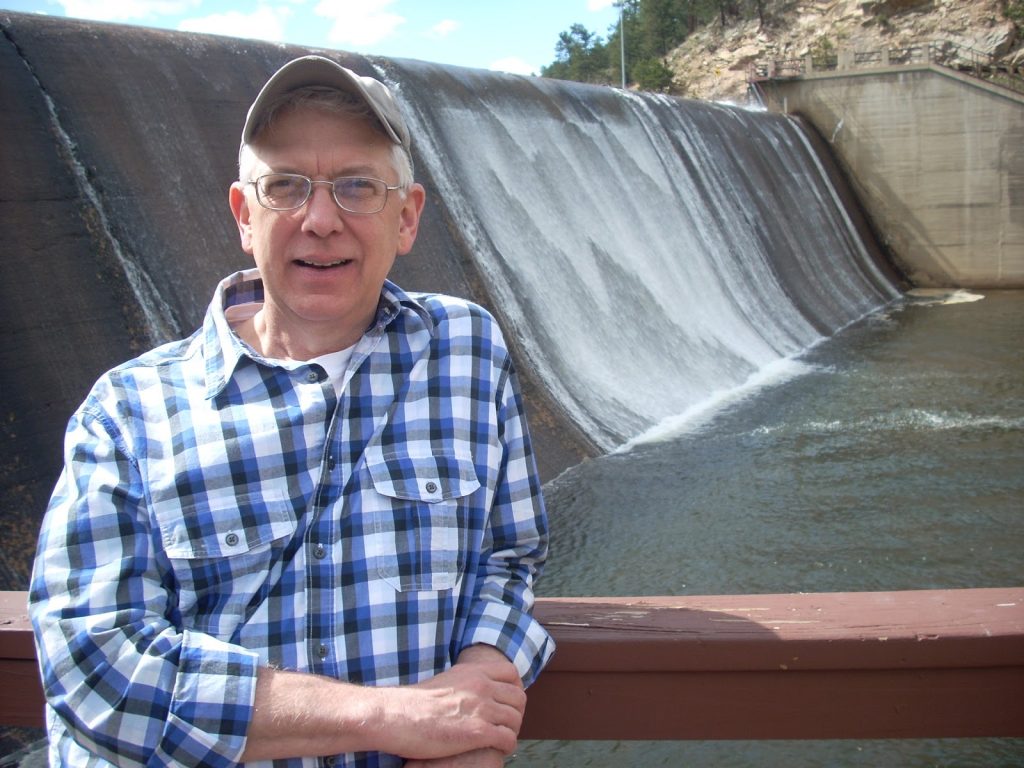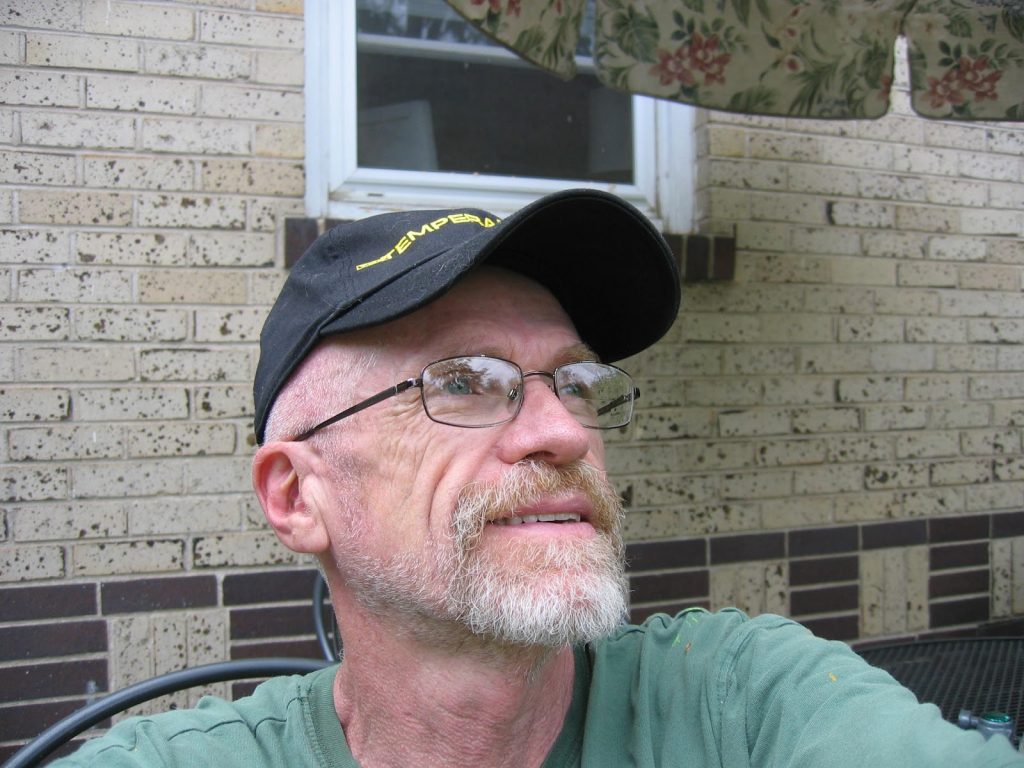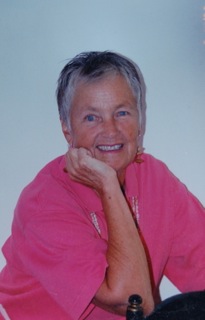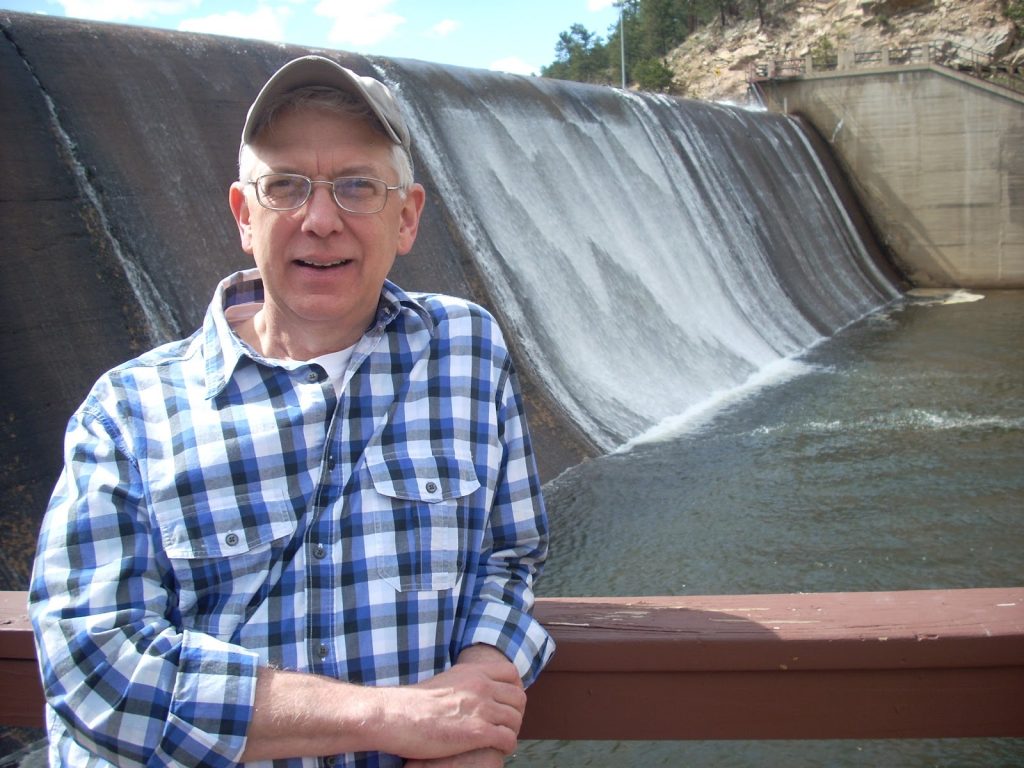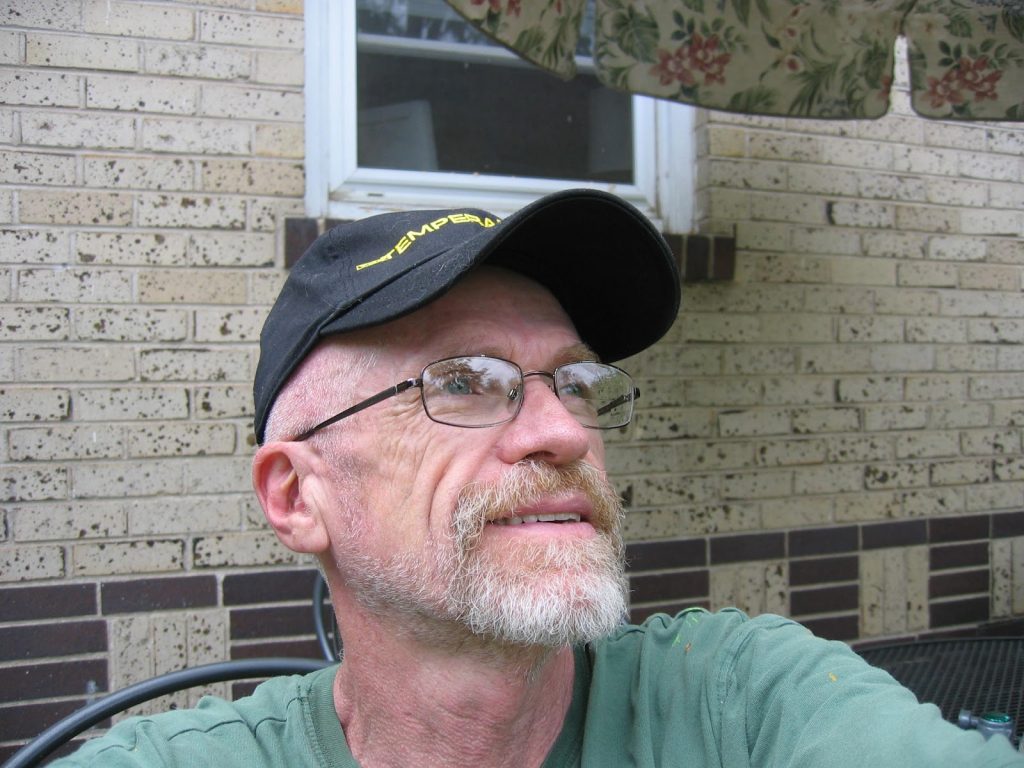loved one, divorce, health problems, loss of a job or change in career,
relocating our home, addictions and substance abuse. The list goes on and on.
And the reasons don’t have to be negative. Winning the lottery could certainly
reframe reality, as could falling madly in love or escaping from
addictions and substance abuse.
such things happen, I believe, depends very much on how secure you are with
your own reality, and your place in it. Possibly I am being hopelessly naive,
but I really think I could find myself the lucky recipient of, say, fifty
million bucks, without it changing me very much. I think I could face health
problems, or being forced, for whatever reason, to live in some other State or
even country, and survive it without allowing my reality to morph to too great
an extent. Of course I’m kinda sticking my neck out here, inviting all of you to
judge me eagerly when one of these happenings does befall me. But at least my
own reaction to these things is something that is within my control, though
whether I do in fact master it may be another matter.
which happens to me, ends up reframing another person’s, or many other people’s, realities around me. When I win
that fifty million, you know it changes me in other people’s realities. The same happens if,
say, I am diagnosed with a terminal illness and given six weeks to live. Does
that cause others to reframe me in their realities? You bet it does.
and in those around them is probably addiction and substance abuse, whichever
direction those nightmares are moving. If we fall under the influence of an
addiction, it certainly changes our vision, our very sense, of reality. All
else becomes less and less real; the only thing real to us is that addiction.
Likewise, it is all others see of us. Our entire reality, to our families and
friends, is taken over by the addiction. If we continue, our frame of reality
both to ourselves and others, is the addiction.
from substance abuse. So all will be well, will it not? We don’t fool ourselves. How many
relationships have we seen disintegrate well into the recovery stage? All those
friends, family members, perhaps partners, who had been been accompanying us
happily down Addiction Road no longer find us fun. We no longer share that
costly habit; that dark secret. As we fade in their realities to mere echoes of
our former selves, we are dealing, ourselves, with the formation of very new
realities. We are mere echoes of our former selves to ourselves, also, and must
begin the challenge of creating for ourselves a completely new reality which
maybe we have never known, or at least forgotten.
the Coming Out Ocean, can we? When I first came out, just to myself, I felt a
huge shift in reality. Or more, it seemed that my previous reality had simply
disintegrated, pffff, in an unimpressive little puff of steam like some things
do on the computer when you press delete. I had no concept of what my new
reality looked like. I was an explorer alone in a newly discovered land: a
time-traveller.
reality, and for those others to reframe their own, with the new me in it. But
as we stumbled along together, my family, friends, and I, we /found that, at
least superficially, not so much reframing was required after all. I was still
the same person. Little had really changed.
Sundays, part of a series she terms Super Soul Sundays. Watching one of these
one morning I heard an expression that summed up the state of my soul to
perfection. Oprah, or her guest whose name I don’t even recall, used the phrase homesickness
of the soul.
it.
unquestioning acceptance of who I was, my soul was terribly, agonizingly
homesick. Now it am home. My soul and I came home. We are where we
live; where we must be. What we were born to be.
happens it will never change.
seems rather smug, that my reality will not falter in the unlikely event of
suddenly having undreamed of wealth, or, sadly somewhat higher odds, being
diagnosed with terminal cancer.
home.
June 2014
was born and raised in England. After graduation from college there, I moved to
the U.S. and, having discovered Colorado, never left. I have lived in the
Denver-Boulder area since 1965, working for 30 years at IBM. I married, raised
four stepchildren, then got divorced after finally, in my forties, accepting
myself as a lesbian. I have now been with my wonderful partner Betsy for 25
years.
